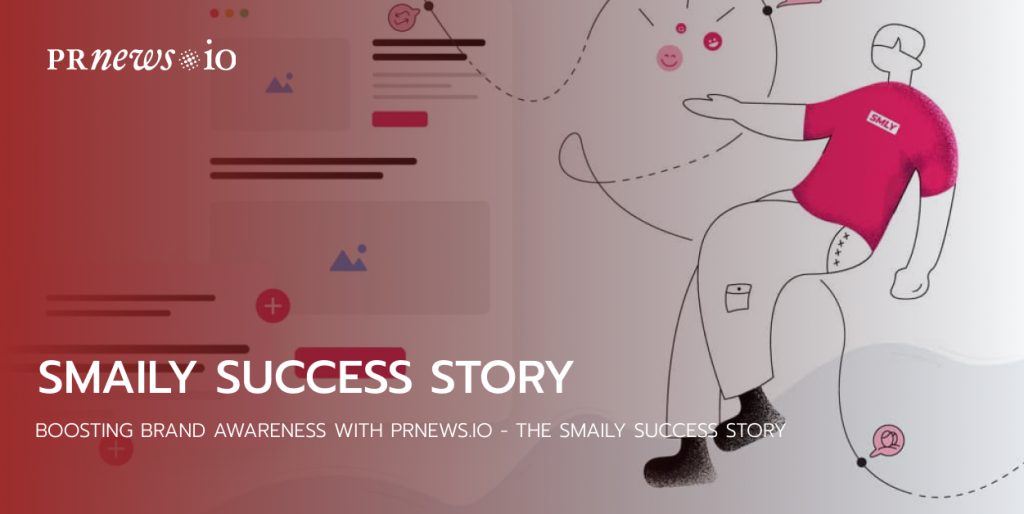Public relations has evolved over the years, and businesses often seek innovative ways to improve their brand image and gain public approval. One such strategy that has gained attention is bluewashing. This term was inspired by the more established concept of greenwashing. It refers to the practice of leveraging social and environmental causes to boost a company’s reputation.
In this post, we will delve into the nuances of bluewashing and its examples, explore how it can be used responsibly for PR, and discuss the ethical challenges associated with accusations of bluewashing.
What Is Bluewashing?
Bluewashing involves aligning a company with charitable causes or social justice initiatives to create a positive public perception. This can vary from supporting environmental conservation efforts to championing social equality. When done sincerely, bluewashing can demonstrate a company’s commitment to making a positive impact on society.
Bluewashing Examples
These are examples of businesses and companies that have been accused of bluewashing in the past or recent times:
1. The clothing giant Primark has been under public examination many times over child labor scandals. The fast-fashion retailer can offer very low prices because it hires employees from the poorest countries of the world, such as India and Cambodia, and under terrible working conditions paying very low salaries.
2. Food and drink corporation Nestlé had a lot of public criticism because of using child labor, unethical production methods, and misleading marketing strategies too many times. It was accused of choosing high earnings over the welfare of the people working for them.
3. Pepsi only considered the water used in its beverage and food factories, not its overall water impact or footprint.
For example, Pepsi doesn’t calculate the amount of water used in agriculture in its debits but will consider saving water through agriculture intervention in its credits.
4. Cosmetics’ enormous brand L’Oreal also has been accused of modern slavery in its supply chains. The company has been criticized for not disclosing how it de-risks its operations to ensure its supply chains don’t use child labor and modern slavery.

Using Bluewashing Responsibly
To avoid bluewashing accusations, of course, companies and organizations should start with the basics: they should really commit to being responsible and sustainable. This will take time and effort, and for some organizations will entail a complete overhaul, revisiting the organization’s mission, vision, and values.
The solution to ‘color washing’ is simple: be responsible, be transparent, and communicate accordingly. After all, regardless of the organization’s size or purpose, any perceived ‘bad behavior’ will eventually come out in the wash. Here are some important points to apply to your marketing strategy:
- Authenticity Matters
Companies should align with causes that genuinely resonate with their values and mission. Authenticity is crucial for building trust with consumers and stakeholders.
- Transparency
Clear communication about the company’s actions and the impact of its initiatives is essential. Transparency builds credibility and ensures that the public is well-informed about the company’s contributions.
- Long-Term Commitment
Bluewashing should not be a short-term PR event. Companies should demonstrate a sustained commitment to the causes they support, showing that their involvement goes beyond mere public relations.
- Collaborative Efforts
Partnering with reputable non-profit organizations or experts in the field can enhance the credibility of a company’s initiatives. Collaborative efforts also provide valuable insights and ensure a more significant impact.
Accusations of bluewashing arise when a company is perceived as exploiting social issues for PR gains without making a genuine commitment to the cause.
If your company is falsely accused of bluewashing, consider the following strategies:
- Clarify Intentions
Clearly communicate the genuine motivations behind your company’s support for social causes. Provide evidence of ongoing efforts and partnerships that demonstrate a sincere commitment.
- Engage with the Community
Actively participate in conversations about social injustice and inequity. Listen to concerns, address issues raised, and seek input to improve your company’s approach to supporting these causes.
- Showcase Internal Diversity and Inclusion Efforts
Highlight initiatives within your company that promote diversity and inclusion. This could include employee resource groups, inclusive workplace policies, and equal opportunity programs.
Alternative Ideas to Bluewashing
Rather than engaging in bluewashing, companies can adopt alternative strategies to combat social causes genuinely:
- Workplace Inclusivity
Develop a workplace culture that embraces diversity and inclusion. Implement policies that ensure fair treatment of all employees and provide support networks within the organization.
- Genuine Partnerships
Instead of superficial alliances, establish authentic partnerships with charity organizations. This may involve financial support, collaboration on awareness campaigns, or sponsorship of events that promote equality.
- Advocate for Change
Use your company’s influence to advocate for human rights at a broader societal level. Engage in legislative efforts, support relevant policies, and leverage your platform to amplify the voices of marginalized communities.
Conclusion
Bluewashing, when done with sincerity and transparency, can be a powerful tool for companies seeking to improve their public image while contributing positively to social issues. However, the ethical challenges associated with accusations of bluewashing serve as a reminder that authenticity is paramount.
Companies must carefully consider their motivations, demonstrate long-term commitment, and engage in meaningful collaborations to ensure that their bluewashing efforts align with ethical standards. Learning from past examples, such as the case of Pepsi, Nestlé, and Primark reinforces the importance of genuine corporate responsibility and the potential repercussions of deceptive PR practices.
As the business landscape continues to evolve, companies must prioritize authenticity, transparency, and ethical conduct to build lasting trust with consumers and stakeholders. Only then can bluewashing be a responsible and effective strategy for enhancing a company’s reputation in the eyes of the public.
Read more:
- Purpose Washing In Brand Messaging
- Navigating The Greenwashing: A Comprehensive Guide To Ethical PR Strategies
- Navigating The Controversial Waters Of Pinkwashing In PR: Strategies, Accusations, And The Avon Controversy
Is your business in need of a PR makeover?
- Benefit from media coverage assistance.
- Witness a refined branding approach.
- Watch as your recognition soars.





